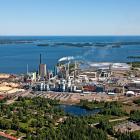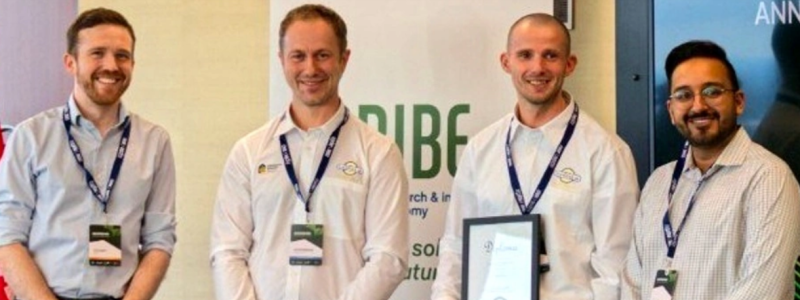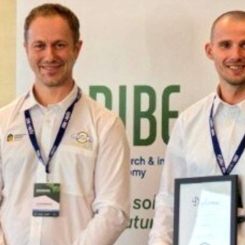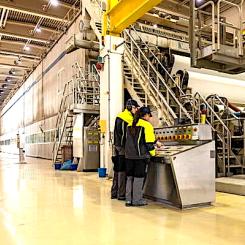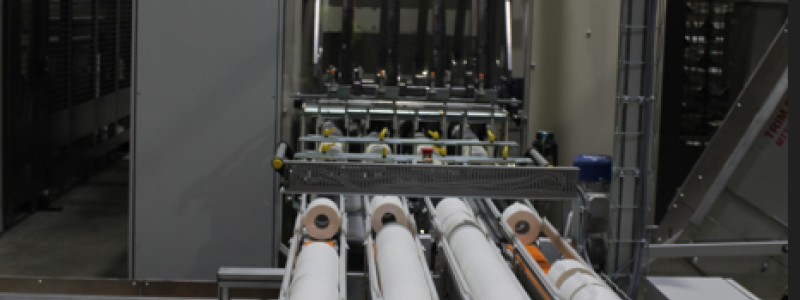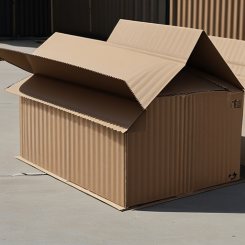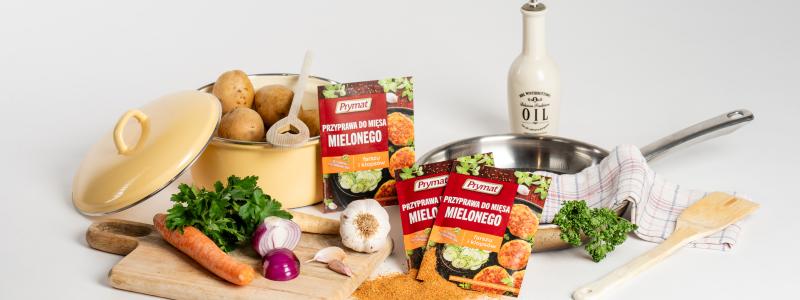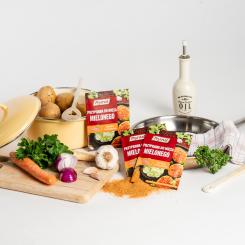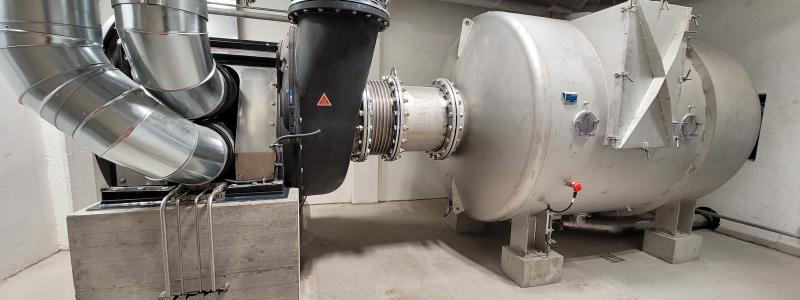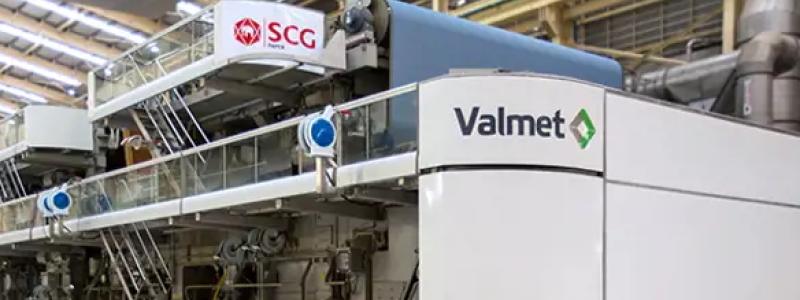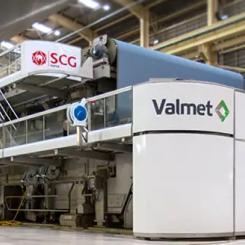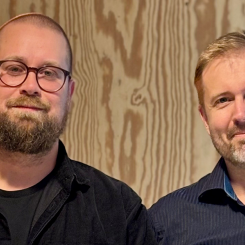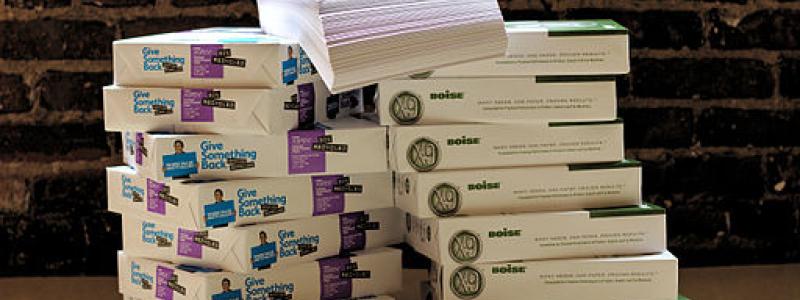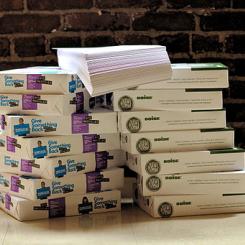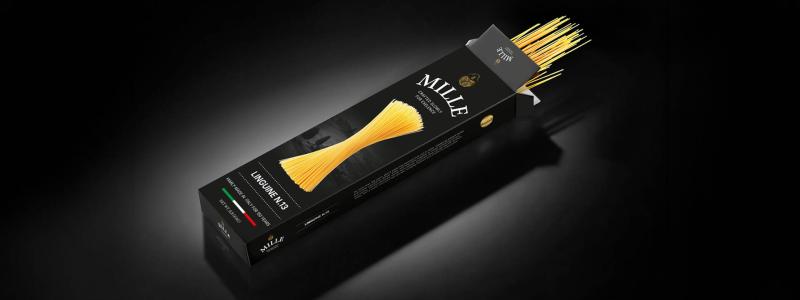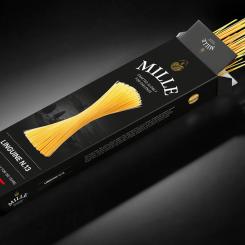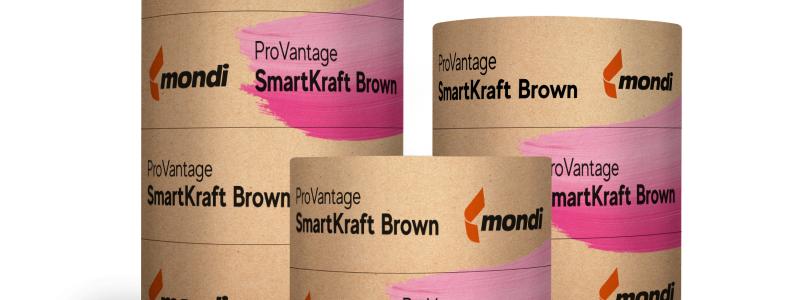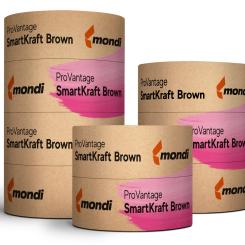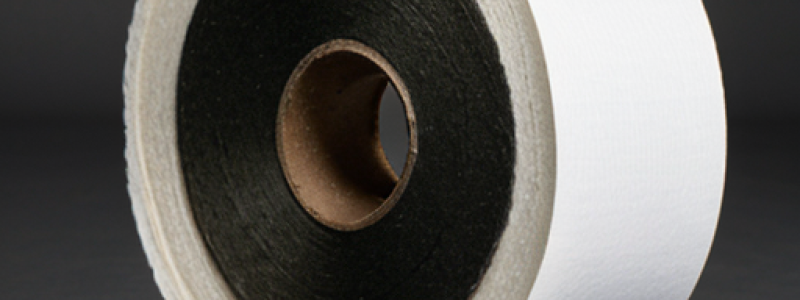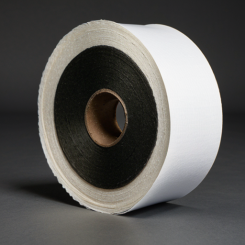Marcal Small Steps has declared itself the Official Sponsor of Fall Foliage, celebrating the colorful season of trees that it is dedicated to saving 365 days of the year. Advocating to save more than two million trees this year, Marcal Small Steps, the maker of paper towels, napkins, bath and facial tissue made from 100 percent premium recycled paper, is using the fall foliage season to educate consumers about how their paper products are made.
"For us, this time of year - when the air is crisp and the leaf colors really pop - is like our holiday season. It's a natural fit to help get consumers as passionate about celebrating and preserving trees as we are," said MJ Jolda, Senior Vice President of Marketing for Marcal Small Steps. "Fall Foliage gives us the opportunity to explain why the brand of toilet paper or paper towel a person selects is actually very important and can have a real impact on the environment."
To help educate consumers about the difference, all Marcal Small Steps products now feature an Environmental Facts panel that clarifies what does - and does not - go into its products.
"We've found that consumers are really in the dark when it comes to their environmental impact when they are selecting their tissue paper and paper towels," continued Jolda. "In fact, in a recent survey, we found that 62 percent of moms surveyed mistakenly believed anywhere from 25 to 50 percent or more of all U.S. paper products are made from 100 percent recycled paper, when in fact, only two percent of household paper products sold in this country are made from 100 percent recycled paper."
A color-coded and easy to read chart of Environmental Ratings of Household Paper Products from the Natural Resources Defense Council (NRDC) will also help consumers select better-for-the-environment paper products. Products given the highest green rating, like Marcal Small Steps, must be made from 100 percent total recycled content, OR the manufacturer must ensure that any virgin fiber content is FSC-certified, and the manufacturer must have an endangered forests policy in place. Furthermore, the products must not be made using elemental chlorine bleaching or by using a pulping caustic produced by a chlor-alkali process that uses mercury.


